Rare is an area in the Algarve that doesn't have one. The municipal markets provide much more than a showcase of products, they offer the experience of living together and knowing the stories of those who have been selling there for so many years.
"I didn't work, I was at home, armed with dondoca and I started to work with my mother". This is how Dona Ilda Manuela's journey to the Mercado de Faro, for over 35 years.
The choice is based on diversity, quality and often the best prices. The customer is looking for typical products and advice from those who know how to prepare them.
These spaces are an added value, not only in making city centers more dynamic, but also in preserving a cultural and human richness that goes beyond memories and keeps alive the traditions and relationships that exist between vendors and customers who, all the days share them.
From fruit to vegetables, from meat and fish to bread, the Mercado de Faro continues to preserve the work of those who sell there and who have witnessed its greatness and importance over the years. It also continues to resist time, the unbridled development of uncharacterized and dehumanized spaces where only consumerism reigns and matters.
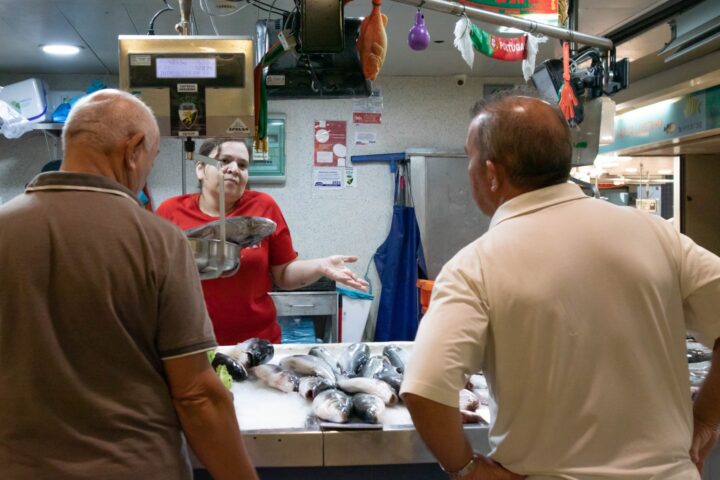
There is always a good mood at Mr. José João's stall, who from a very early age has had a taste for markets and is a place where he feels good. It has already sold in the Olhão market and now, 12 years later, it is still in Faro, where it offers a variety of products such as fruit, vegetables, agricultural products, nuts…
A business that revives memories every day thanks to the customers that pass by, because, even though there are 'new faces' every day, there are always people known from many years ago who identify with the routine of the market, with the products and they became fond of those who know how to answer and listen to them.
“As it is a passing place, there is always a new customer that comes here to Loja do Cidadão. Either he goes to buy fish or he comes to buy bread and then enjoys it and goes for a walk. It is always a very friendly environment” said José João.
Some products are produced in-house and others come from suppliers, such as vegetable gardens, thus obtaining the quality and freshness that is sought in the food market. Faro.
As in most commercial establishments, the market has also suffered from the pandemic.
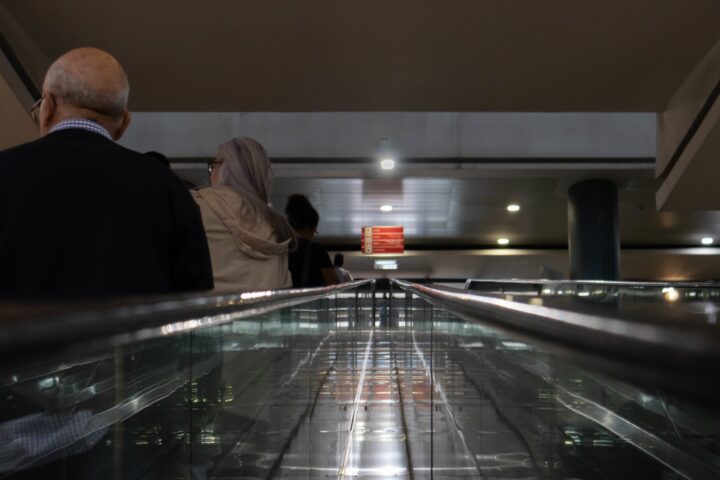
Except that, contrary to what happened with most stores, in the case of Dona Ilda, at the beginning of the Covid-19 pandemic, sales even went up. It's just that, due to congestion and difficult access to supermarkets, people were looking for other solutions.
But it wasn't long-lasting: “At first we sold, but then it went downhill, but at first we really sold seriously, found the saleswoman.
Currently, rising energy and food prices are also having a negative impact on sales. The National Institute of Statistics (INE) confirmed, on 11 November, that inflation stood at 10,1% in October. In other words, this was the highest price increase since May 1992.
“From the moment inflation rises, things become more expensive and people lose purchasing power, that is, it is more complicated to buy as they used to. The same money is much less product, said Senhor José, sharing the same opinion with D. Ilda.
From the conversation with these two sellers, one understands the contrast between generations and the fluctuation that sales have been suffering over the years, always associated with periods of crisis or economic growth and now, also, with the Covid-19 pandemic period. XNUMX.
With ups and downs, the truth is that the Faro today has fewer traditional sellers, along with new spaces and new functions.
It is important to preserve and value this profession of salesman so as not to lose the tradition, the connection to the origins, the proximity to the land and the sea, which is very characteristic of the Algarve region, to share the stories and teachings, to drink the knowledge of people who have dedicated and continue to dedicate their lives to this activity with energy and joy, with heart and soul.
Text and photos by Rita Gonçalves, carried out within the framework of the Professional Photography 21|23 course at ETIC_Algarve, School of Technologies, Innovation and Creation of the Algarve.
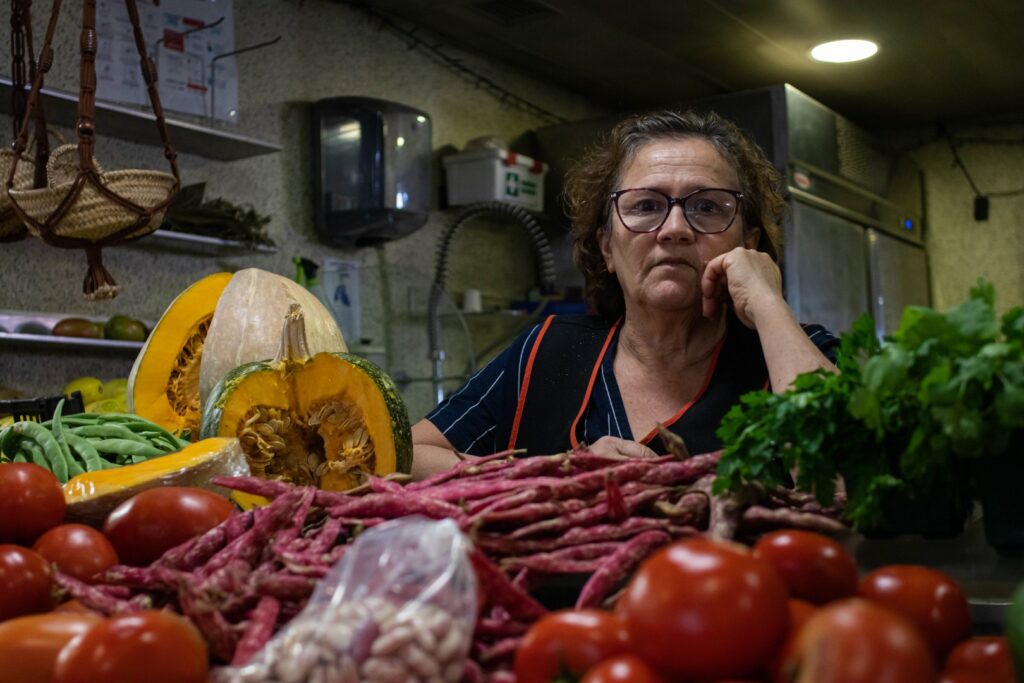
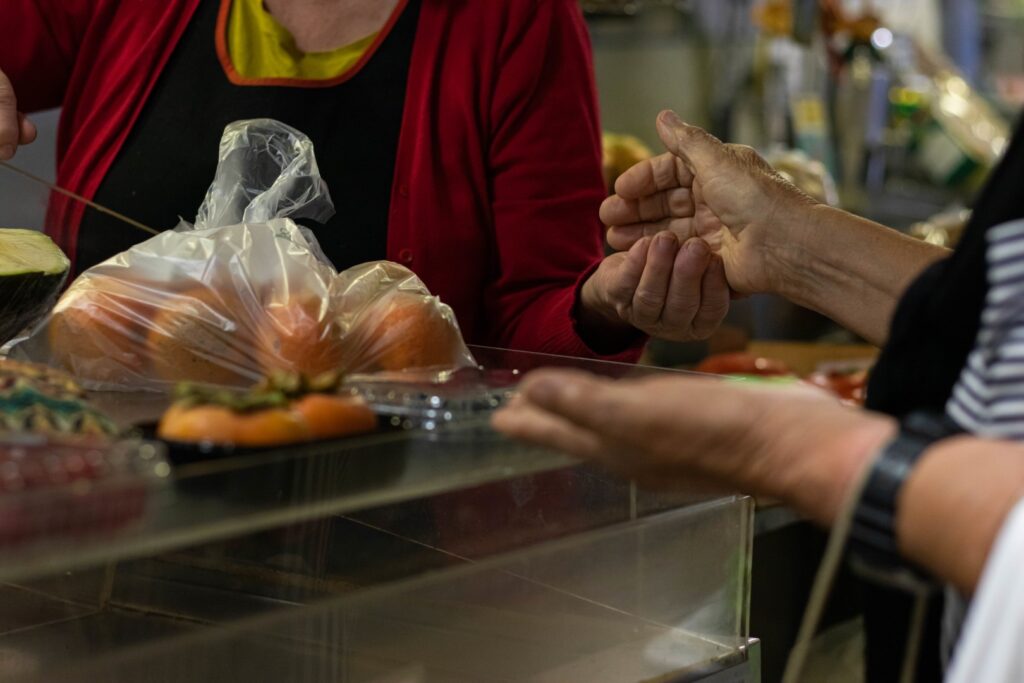
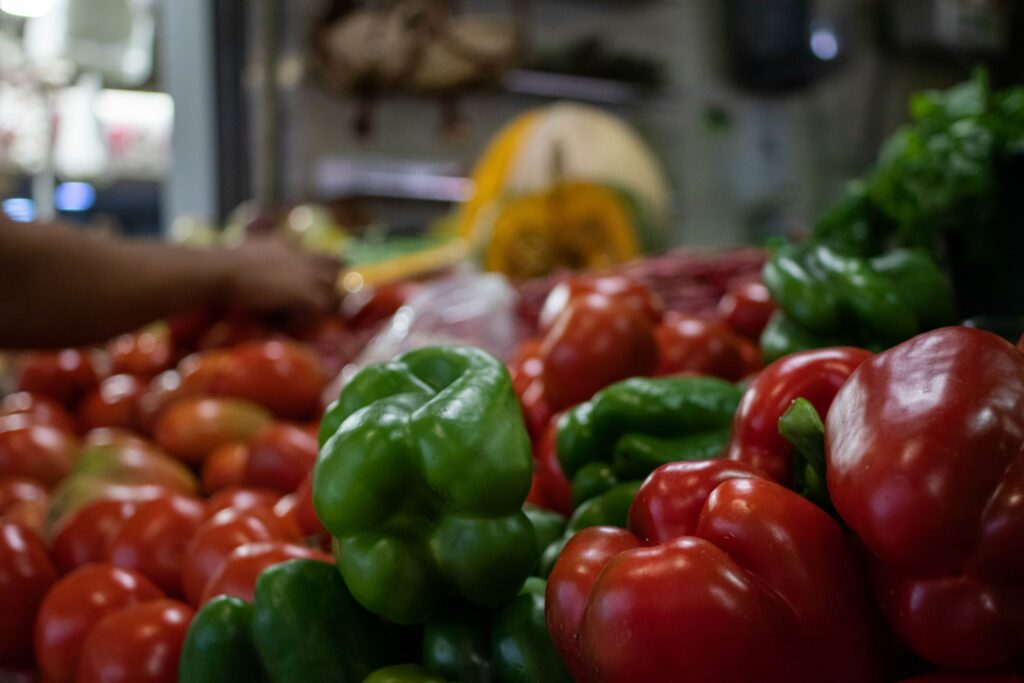
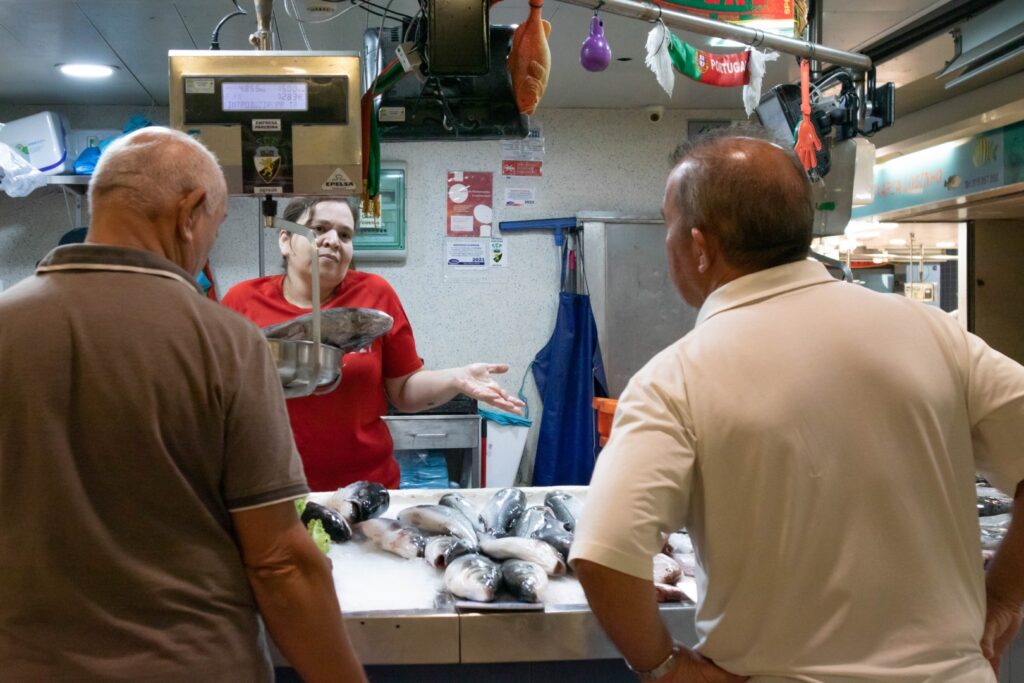
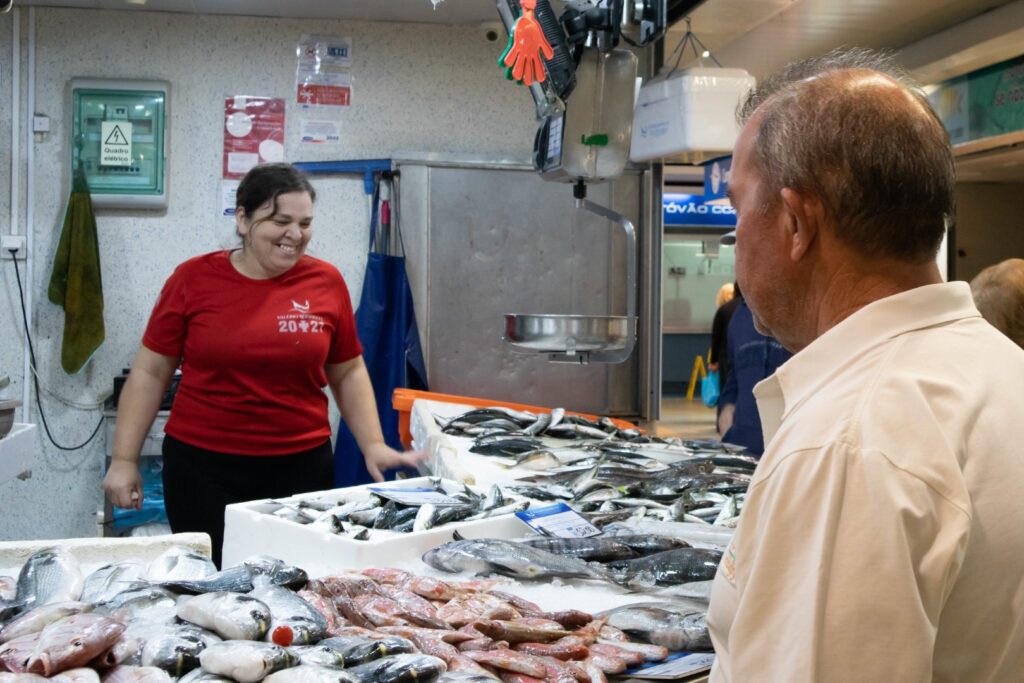
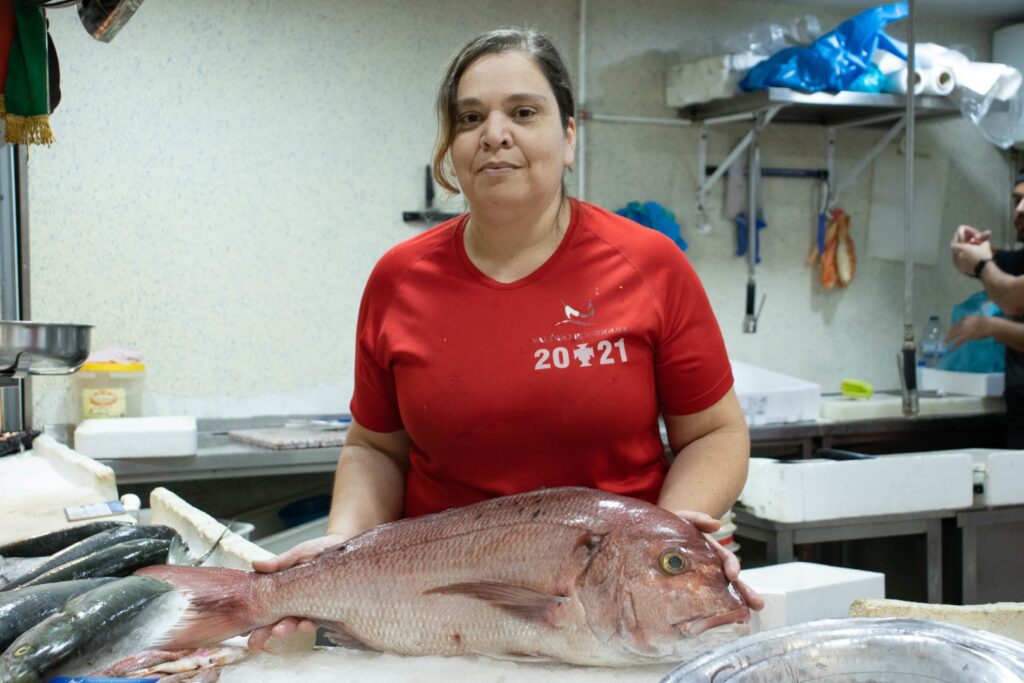
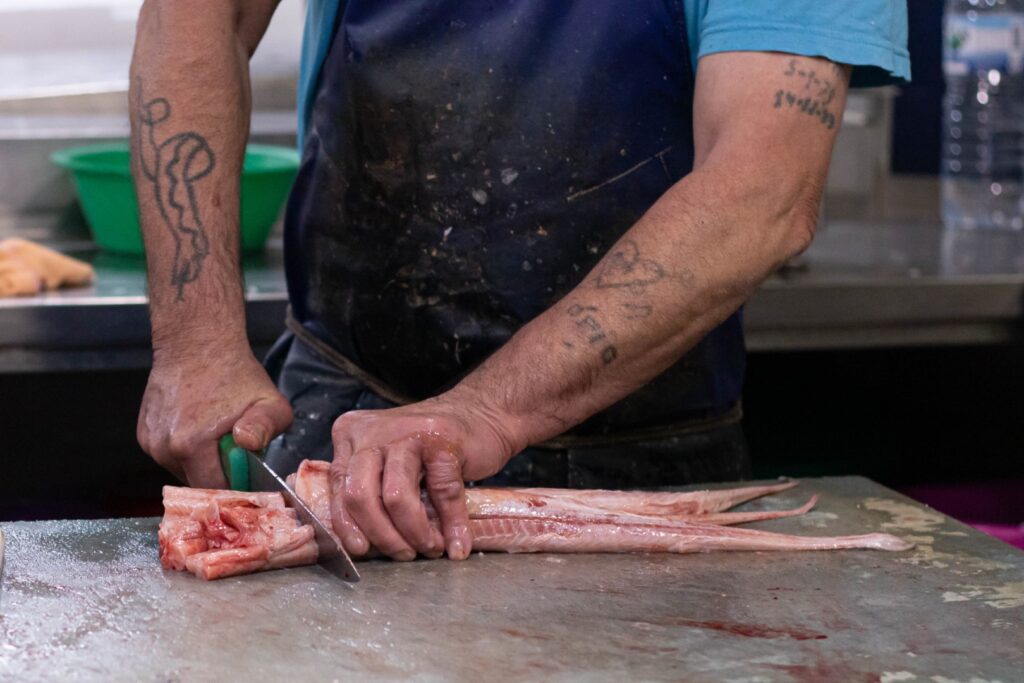
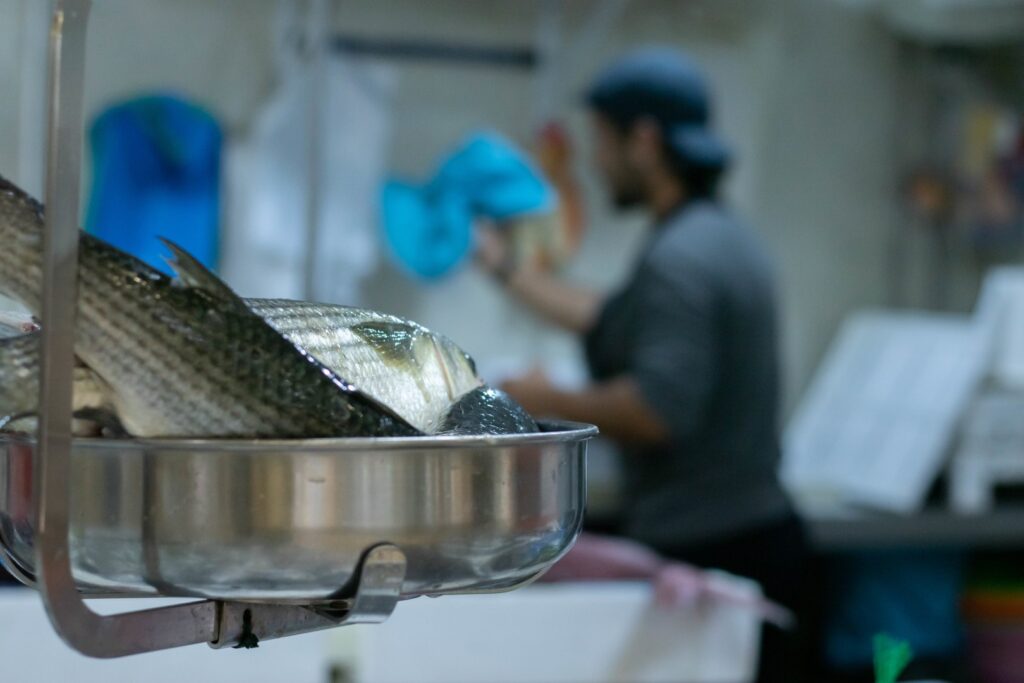
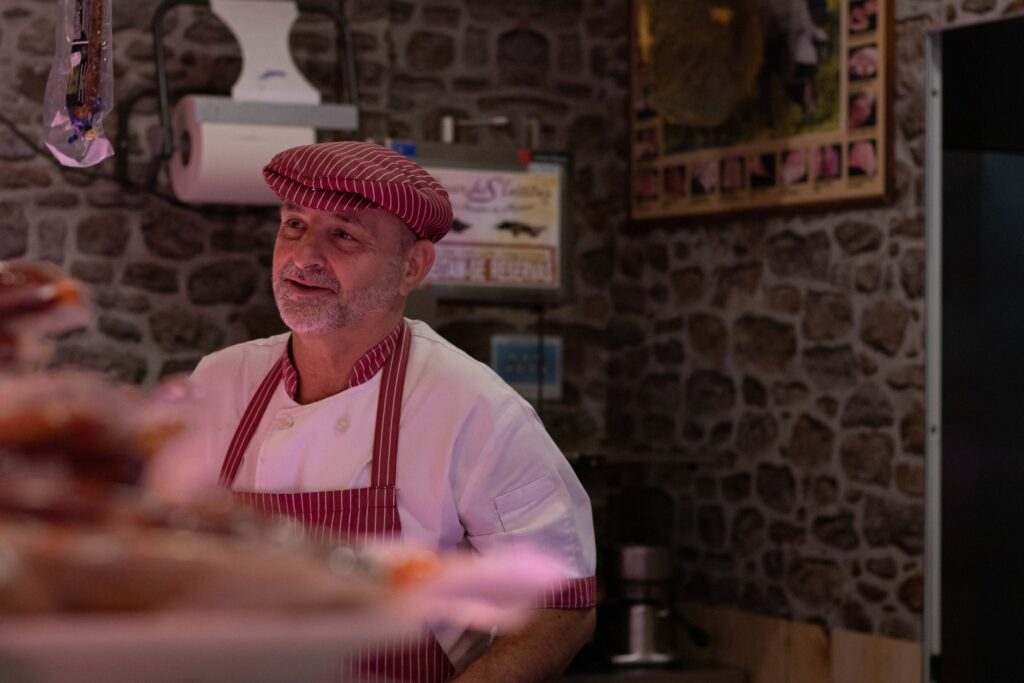
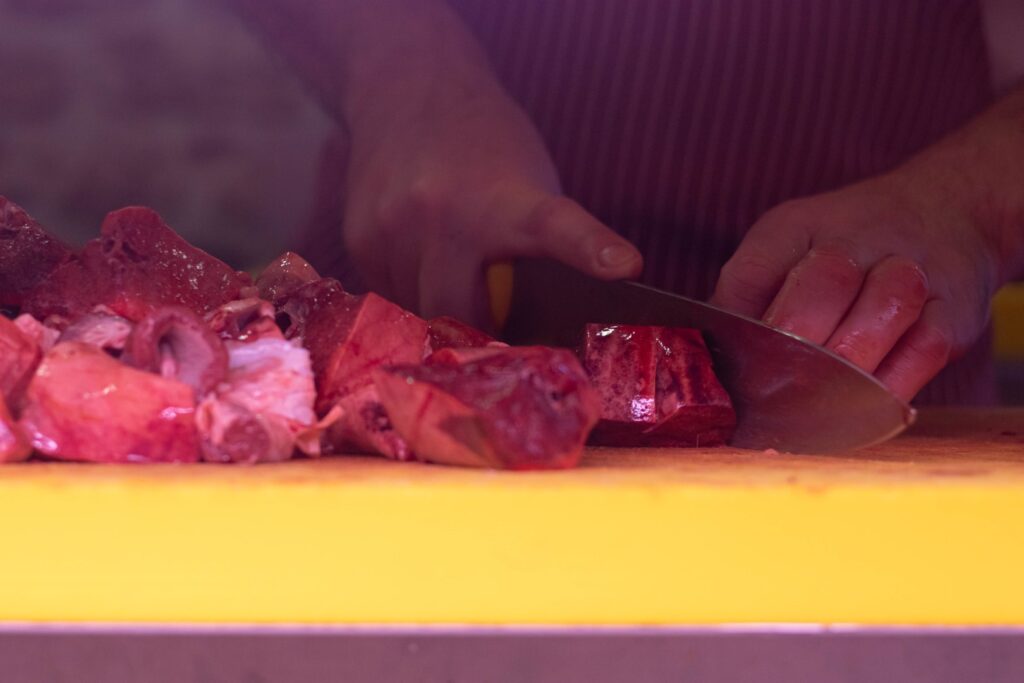
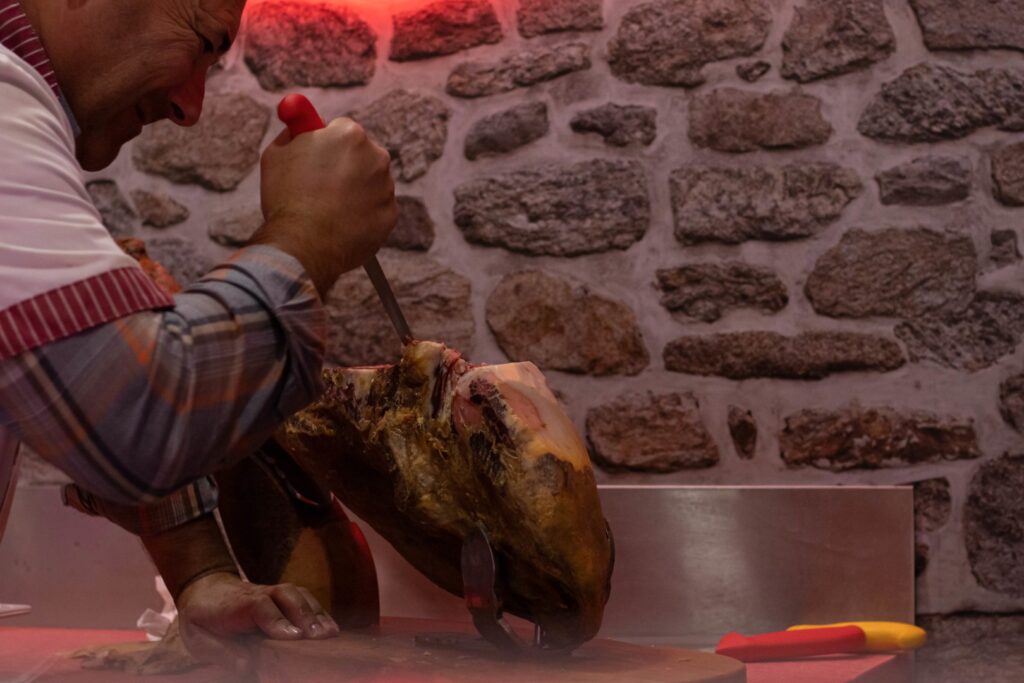
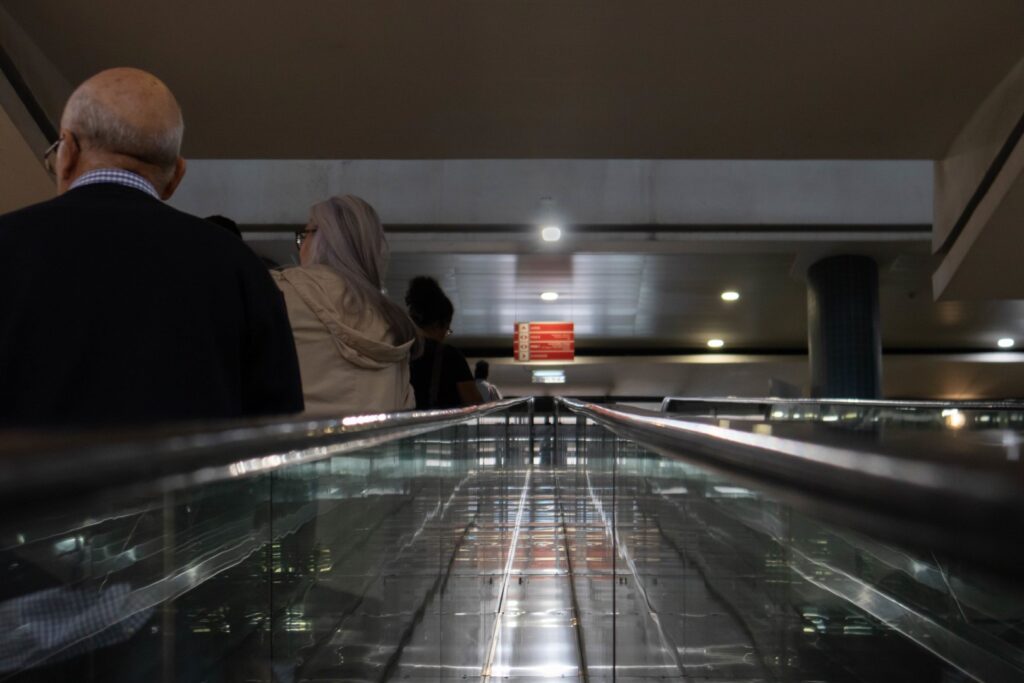

















Comments